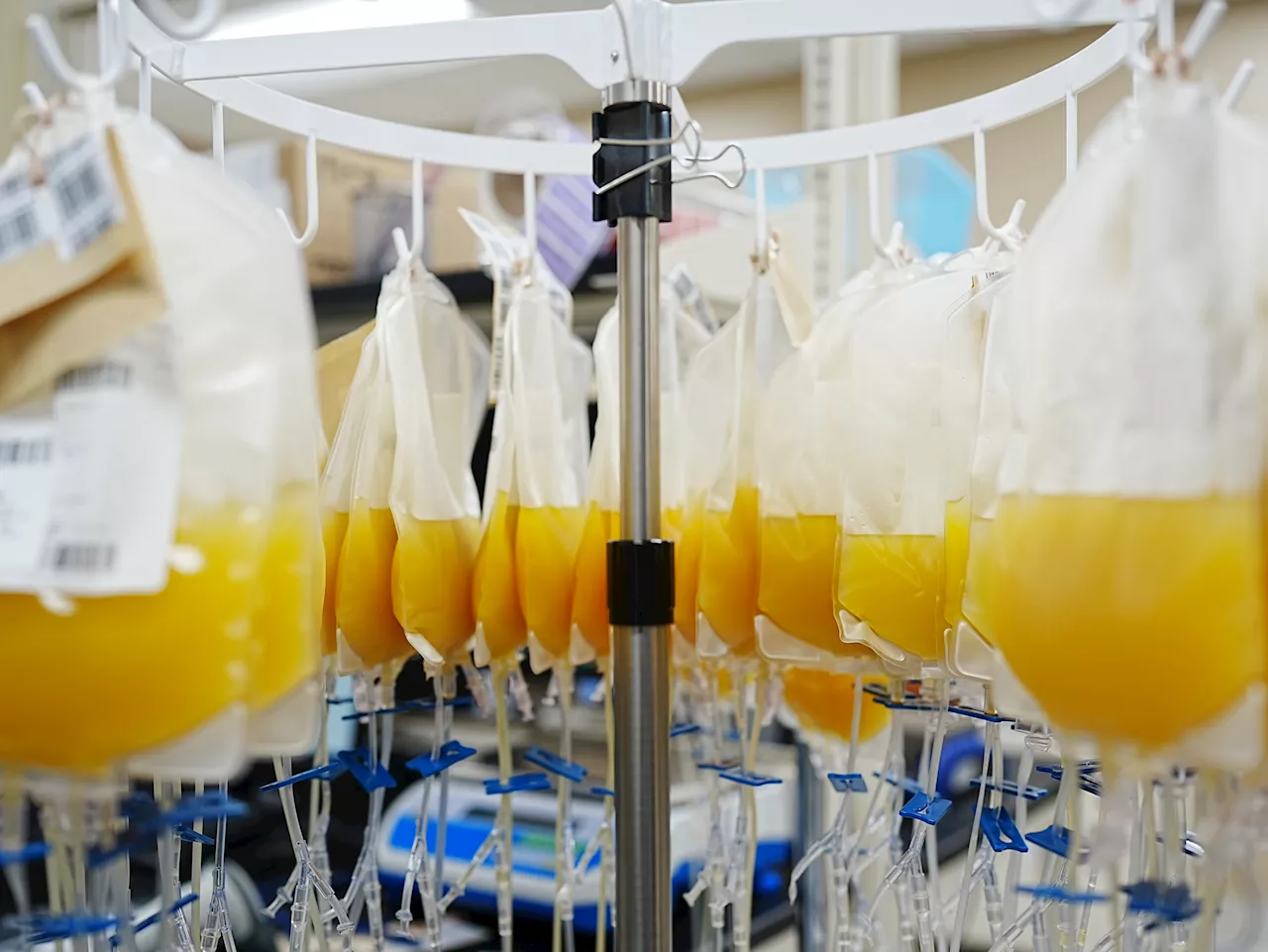What's the difference between 'whole blood,' platelets and double red cells? South Texas Blood and Tissue helps us demystify blood donation.
Brenda Bazán / San Antonio Reportthanks to a generous $15,000 match from the San Antonio Report Board of Directors!Will you help us reach our $50,000 goal?
With the clock ticking on how long each donation lasts from extraction to transfusion, lives depend on them working quickly and diligently. Here’s an inside look at what happens after you get up from the chair sporting a cotton ball armband.Blood drives take place all over San Antonio — often at high schools, colleges and businesses — but the South Texas Blood and Tissue Center also has nine donation sites collecting blood year-round.
Donors can also give platelets, the tiny components in blood that help with clotting. Platelets are most often used by cancer patients and others facing life-threatening illnesses and injuries. Platelet donation typically takes about three hours. The manufacturing associate takes each bag of whole blood, gives it a unique barcode, scans it into the center’s computer system and puts it into a special cup to be centrifuged to be broken down into its components.
This separates the blood into plasma, platelets and red blood cells, with the latter being the most dense and sinking to the bottom of the bag. The platelets, on the other hand, are immediately taken to a separate lab across the hall where they will be tested for bacterial growth over the course of 48 hours. Once cleared, the platelets are ready to be used for transfusions, said Taika Gutierrez, a lead tech in the platelet lab. Platelets are only viable for about seven days, compared to red blood cells’ 42 days, Salcido noted.
Once the blood components have been separated and labeled, they can be sent to the center’s packaging room. Here, they’re put into cardboard boxes lined with styrofoam and insulated with dry ice packets for safe transport. If a sample comes back positive for one of these, both the donor and the local public health authority are notified, Jones added. All samples, whether positive or negative for diseases, are disposed of through the biohazard disposal process.
Often patients with certain types of cancers or sickle cell anemia have developed antibodies against specific types of transfusions, Ruiz said.
United States Latest News, United States Headlines
Similar News:You can also read news stories similar to this one that we have collected from other news sources.
 'We'll Be Ready': Texas Longhorns Won't Lack Motivation For Texas A&M RivalryTexas Longhorns head coach Steve Sarkisian is ready to reignite the Lone Star Showdown
'We'll Be Ready': Texas Longhorns Won't Lack Motivation For Texas A&M RivalryTexas Longhorns head coach Steve Sarkisian is ready to reignite the Lone Star Showdown
Read more »
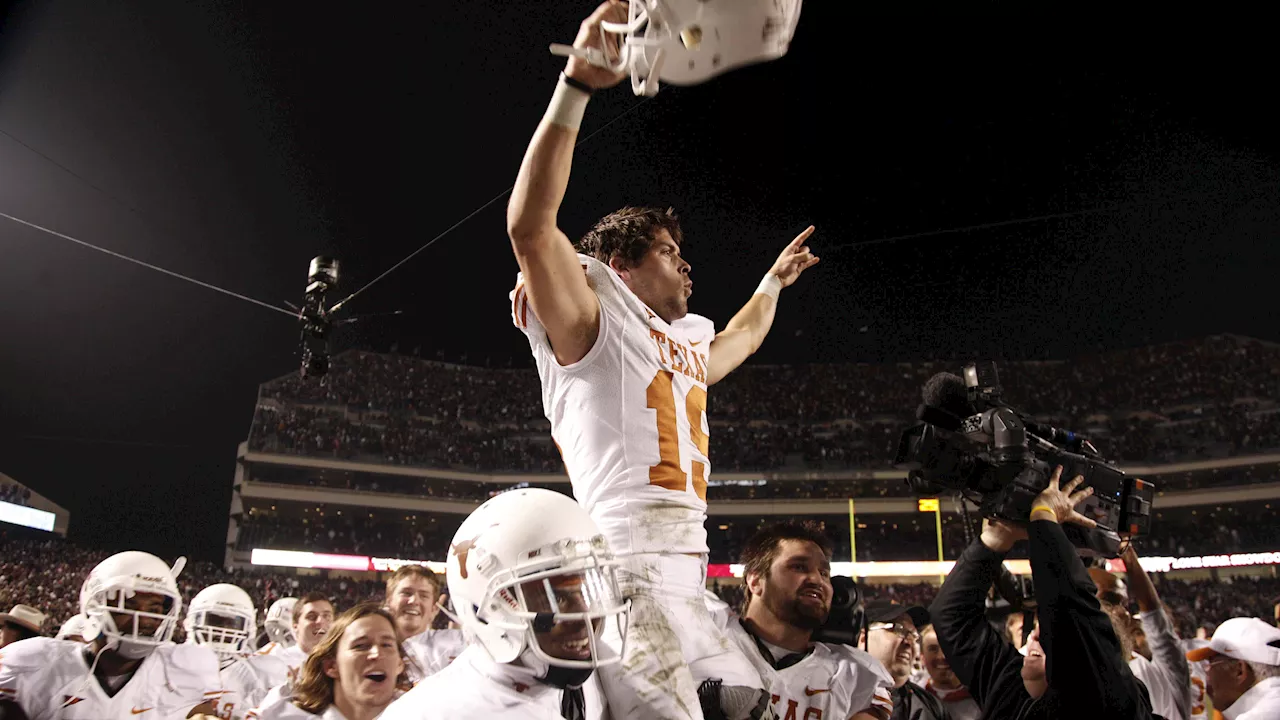 Steve Sarkisian, Texas football ready to renew Texas A&M rivalryTexas and Texas A&M will renew their football rivalry after more than a decade.
Steve Sarkisian, Texas football ready to renew Texas A&M rivalryTexas and Texas A&M will renew their football rivalry after more than a decade.
Read more »
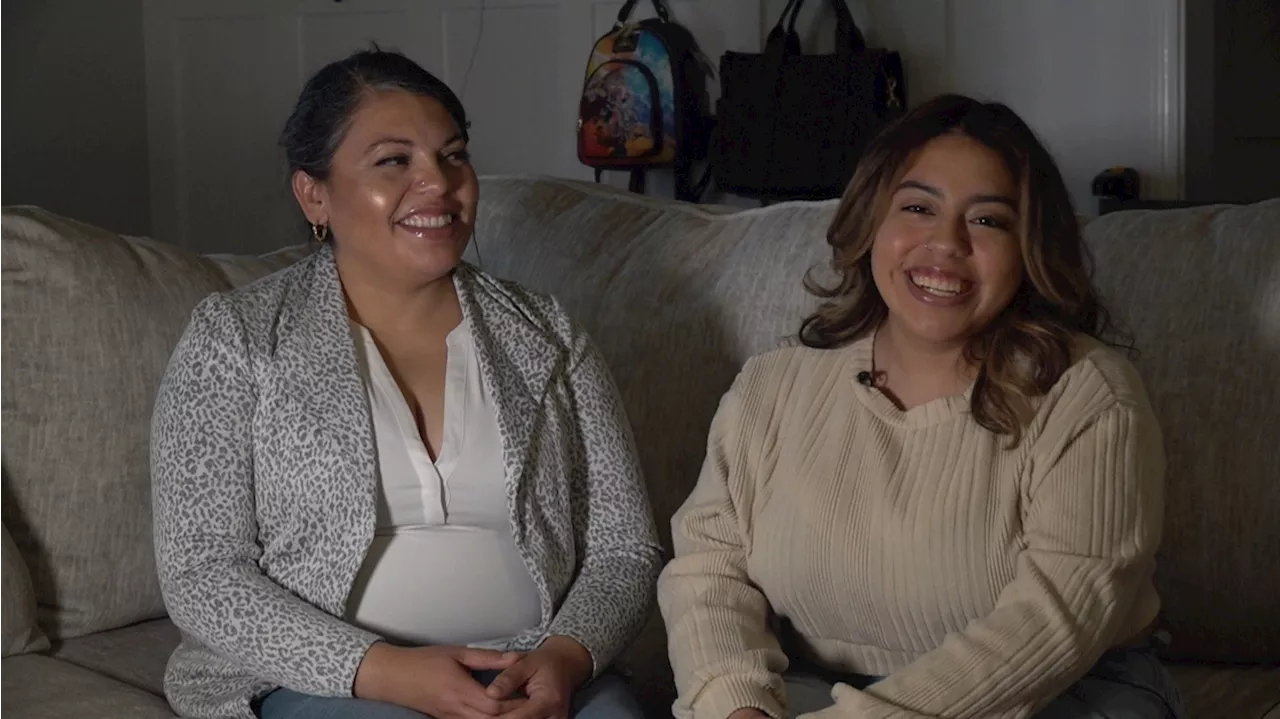 Mother and daughter graduating from Texas A&M-Central Texas togetherSylvia Cabriales won her battle with kidney cancer and her daughter Madeline is graduating at 19 years old. Both are first-generation graduates in their family.
Mother and daughter graduating from Texas A&M-Central Texas togetherSylvia Cabriales won her battle with kidney cancer and her daughter Madeline is graduating at 19 years old. Both are first-generation graduates in their family.
Read more »
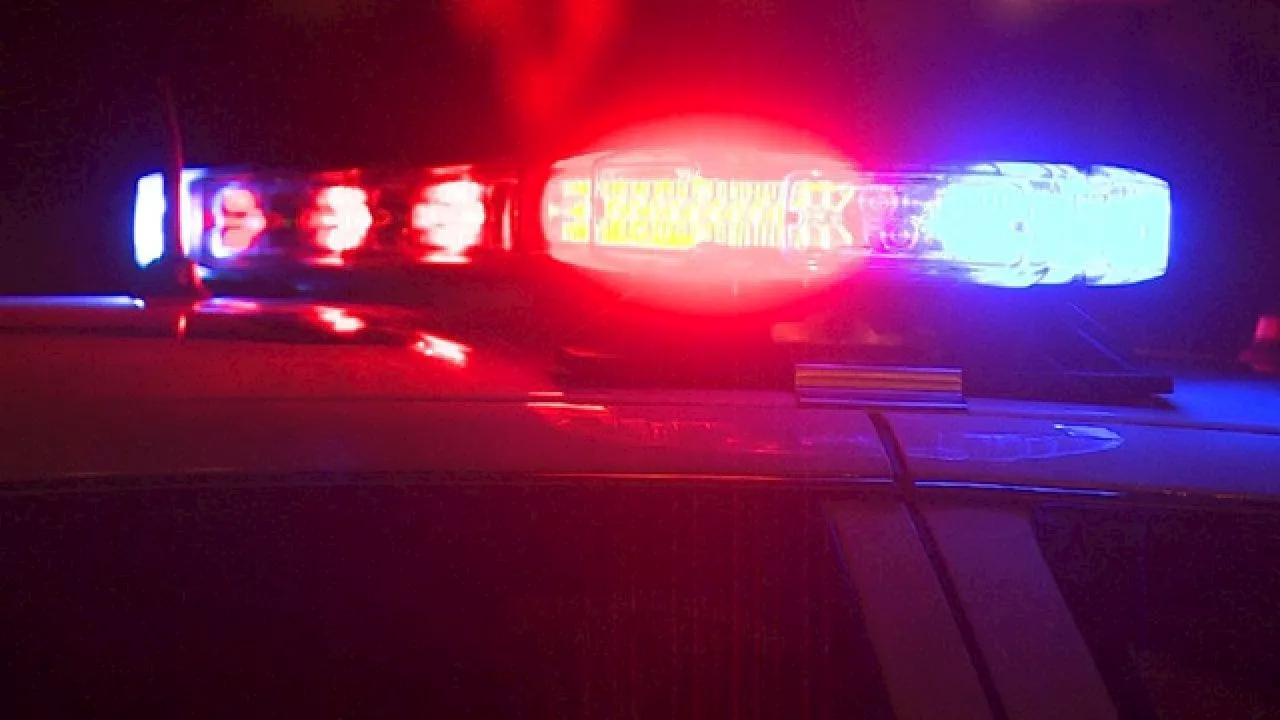 Texas weather: Texas Division of Emergency Management resources ahead of severe weather eventThe Texas Division of Emergency Management prepares state resources ahead of severe storms forecasted to bring large hail, damaging winds, and heavy rainfall, prompting warnings from Chief Nim Kidd to Texans to stay informed and prepared while state agencies standby for emergency response operations.
Texas weather: Texas Division of Emergency Management resources ahead of severe weather eventThe Texas Division of Emergency Management prepares state resources ahead of severe storms forecasted to bring large hail, damaging winds, and heavy rainfall, prompting warnings from Chief Nim Kidd to Texans to stay informed and prepared while state agencies standby for emergency response operations.
Read more »
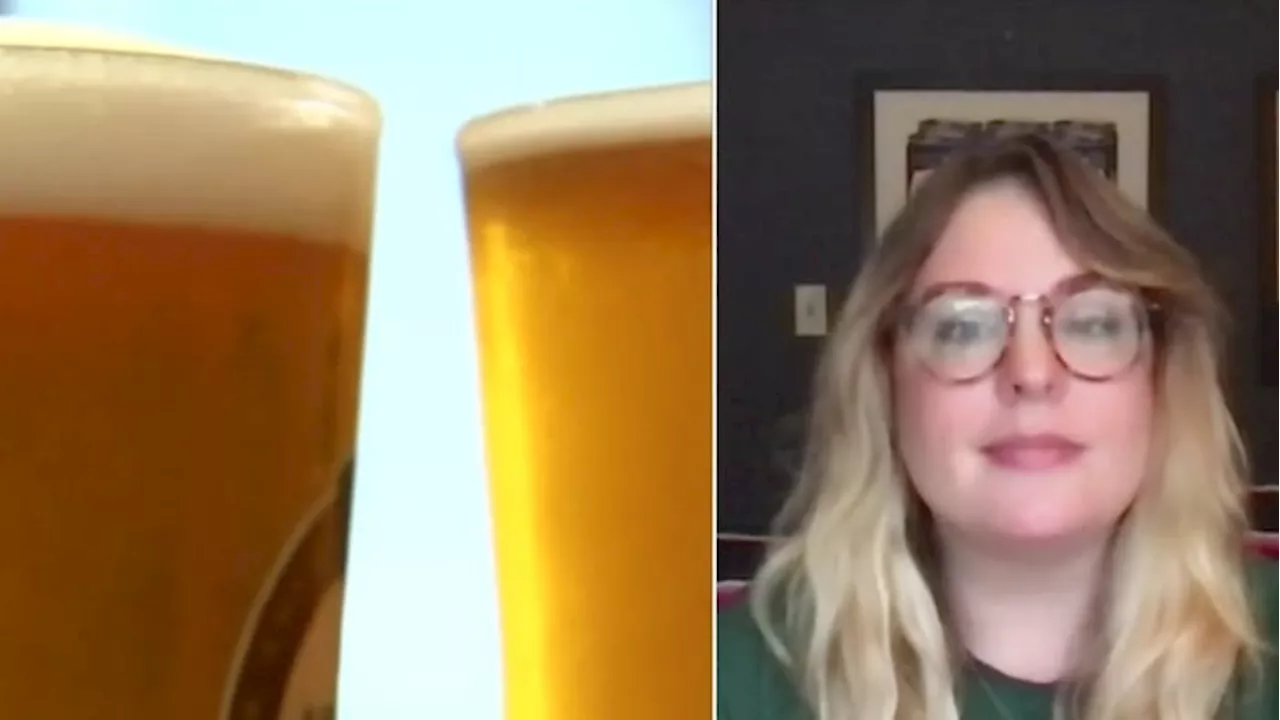 Raise a glass to Texas: Local craft breweries fuel economic growth in TexasWith programs like Brew City, Texas and the Texas Brewery Passport app, the Texas Craft Brewers Guild is working to promote the craft beer scene and boost the economy.
Raise a glass to Texas: Local craft breweries fuel economic growth in TexasWith programs like Brew City, Texas and the Texas Brewery Passport app, the Texas Craft Brewers Guild is working to promote the craft beer scene and boost the economy.
Read more »
 Dallas, Texas (US) job with The University of Texas Southwestern Medical Center (UT Southwestern Medical Center)FACULTY POSITION IN PATHOLOGY RESEARCH Assistant Professor, Associate Professor or Professor The University of Texas Southwestern Medical Center DALLAS, TEXAS (USA).
Dallas, Texas (US) job with The University of Texas Southwestern Medical Center (UT Southwestern Medical Center)FACULTY POSITION IN PATHOLOGY RESEARCH Assistant Professor, Associate Professor or Professor The University of Texas Southwestern Medical Center DALLAS, TEXAS (USA).
Read more »
